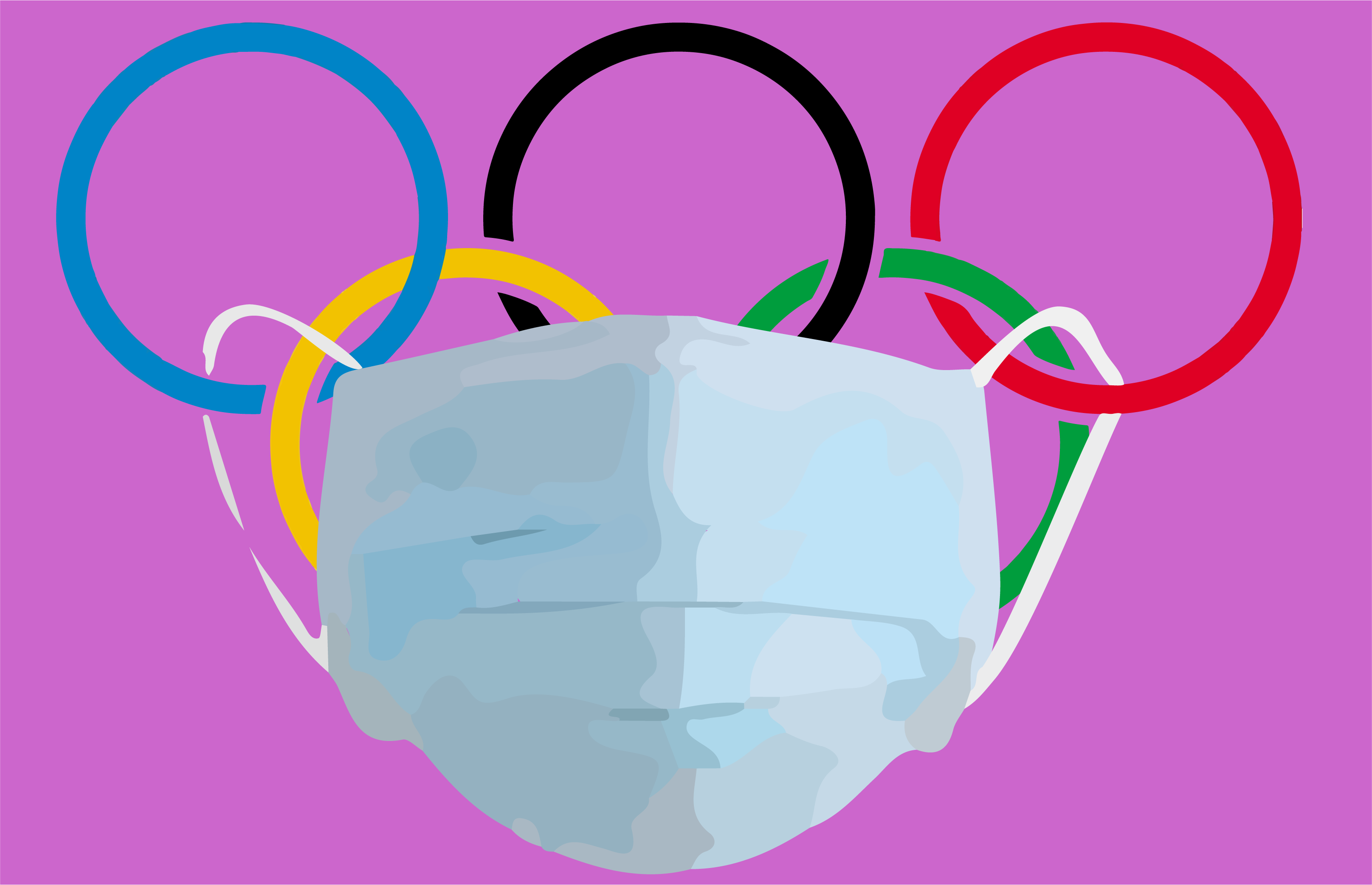On March 24, 2020, the International Olympic Committee (IOC) and the Tokyo Organizing
Committee (TOC) announced that the 2020 Olympic Games would be postponed due to the
coronavirus.
In an article posted on the Olympic website, the president of the IOC, Thomas Bach, said that it
is the “dynamic spreading of the coronavirus” that caused them to make this decision. Indeed,
the rise of confirmed cases globally has reached 739,000, which would make hosting the
Olympics a dangerous situation for both athletes and live audiences.
“The Olympic flame can become the light at the end of this dark tunnel,” Bach said in a
statement.
Although the postponement of the 2020 Olympics is a disappointment to athletes, staff and
onlookers, the IOC and TOC have reached an agreement on a new set of dates. According to the
Olympic website, the games will be held from July 23 to Aug. 8, 2021. In addition, the
Paralympics will be held later that month from Aug. 24 until Sept. 5. But what does this
postponement mean for athletes?
The ramifications of the postponement are more complicated than you would think. For injured
athletes, the extra time gives them the ability to heal. However, older athletes who are attempting
to extend their careers could be hurt by the year-long wait. Although Bach stated in a video that
these athletes would “still get their chance to chase their dreams,” there is some question about
whether or not athletes who have already qualified would have to requalify to hold their Olympic
spot. If they do not, they could be hit hard financially. A few athletes are lucky enough to receive
endorsement deals, but those who are not will have to find another way to earn income.
As the days go on and humanity looks forward to celebrating the 2020 Summer Olympics in
2021, stay updated for all the latest information on the Olympics website at
https://www.olympic.org/.


